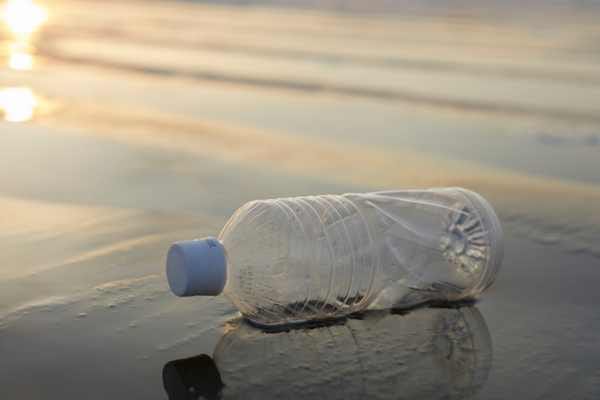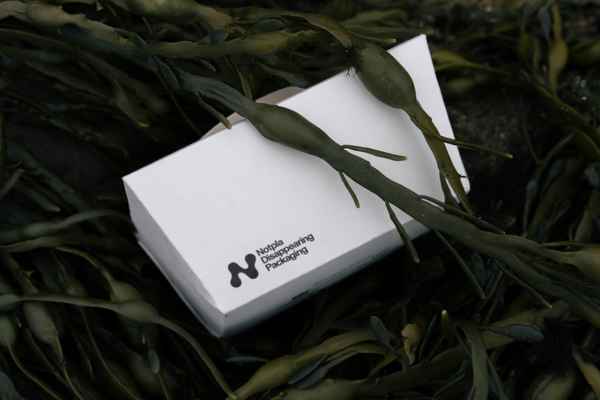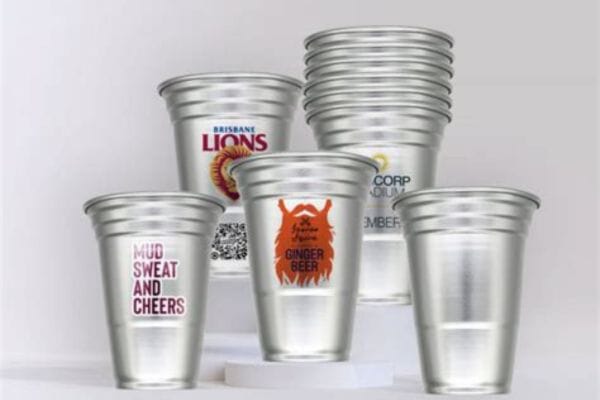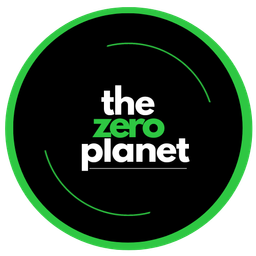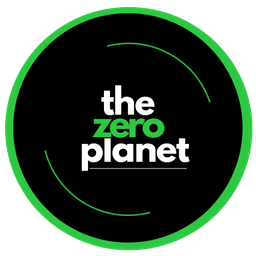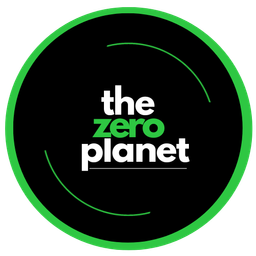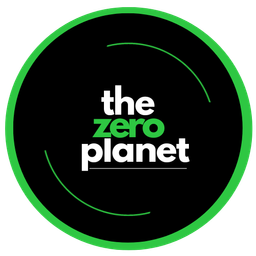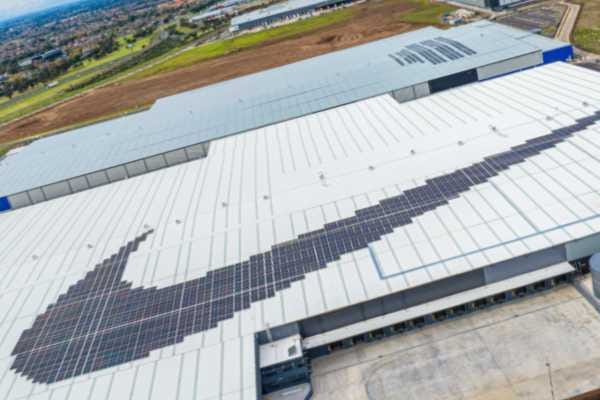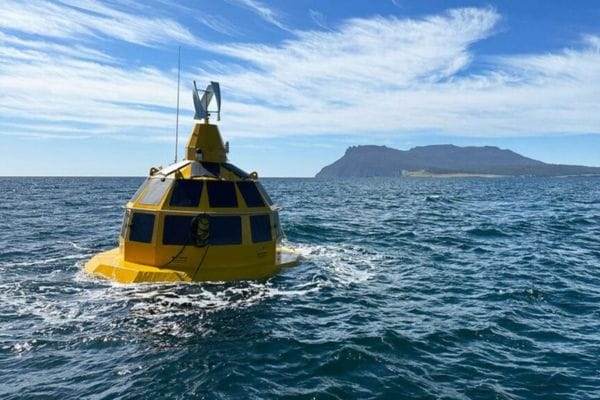Unpacking the plastic problem
Australia is pushing ahead on soft plastic waste solutions as hopes for a global plastic treaty fade in Geneva.
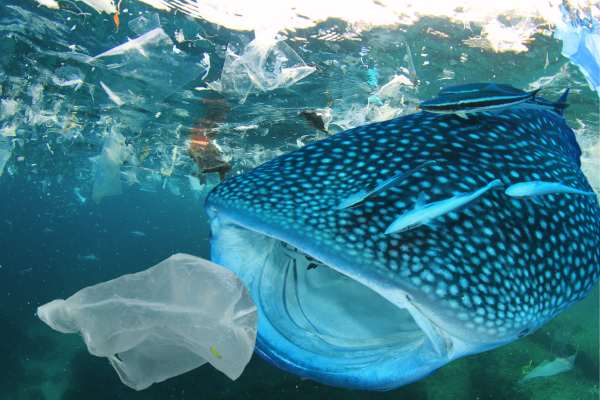
As global plastic treaty talks stall in Geneva, Australia's competition watchdog is reviving a recycling scheme for soft plastics.
The Australian Competition and Consumer Commission (ACCC), last week released a draft determination authorising a voluntary, industry-led recycling scheme.
Under the management of Soft Plastics Stewardship Australia (SPSA), the scheme will seek to resume the collection and recycling of soft plastic packaging such as shopping bags and food wrappers (see box below).
The announcement comes amid growing public concern over plastic waste following the collapse of the REDcycle program, which previously managed consumer soft plastics recycling before shutting down in 2022.
Australians use around 70 billion pieces of soft plastics each year according to the Department of Climate Change, Energy, the Environment and Water.
"It is clear that many Australians are concerned about the environmental impacts of soft plastic packaging and want to recycle it."
The ACCC says initial industry support for the scheme will come from large retailers Woolworths, Coles and Aldi and food manufacturers Nestlé, Mars and McCormick Foods.
“It is clear that many Australians are concerned about the environmental impacts of soft plastic packaging and want to recycle it,” ACCC Deputy Chair Mick Keogh said.
“While we know that soft plastic recycling has faced many challenges in Australia, we consider that the SPSA scheme is an important stepping stone to expanding collections and recycling.”
A small but growing number of snack food brands are also exploring compostable packaging materials such as paper as a means of reducing the environmental harm caused by soft plastics.
As Australia inches forward on plastic pollution, broader discussions aimed at tackling the full life cycle of plastic on the global stage have ended in deadlock. The United Nations talks were tasked with creating a legally binding instrument on plastic pollution globally.
Global deadlock
Participants from 183 countries attended the fifth session of the United Nations' Intergovernmental Negotiating Committee, but they failed to reach a consensus on the treaty text, according to United Nations Environment Program officials.
While countries broadly agreed on the need for global action, they remained divided on issues such as design standards, chemical content, production limits, and financing, the UNEP says.
“While we did not land the treaty text we hoped for, we at UNEP will continue the work against plastic pollution – pollution that is in our groundwater, in our soil, in our rivers, in our oceans and yes, in our bodies,” Executive Director of the UNEP Inger Andersen said.
The Committee says it has agreed to resume negotiations at a future date to be announced.
Australia's draft soft plastics scheme aims to develop a voluntary, industry-led initiative to boost recycling of soft plastic packaging, overseen by Soft Plastics Stewardship Australia (SPSA). The scheme will target both the collection and recycling of consumer-bound soft plastic packaging, which is estimated to make up around 70% of the total. Participating retail and manufacturing companies are expected to fund the scheme via a levy based on the volume of plastic they place on the market.
Related Stories

